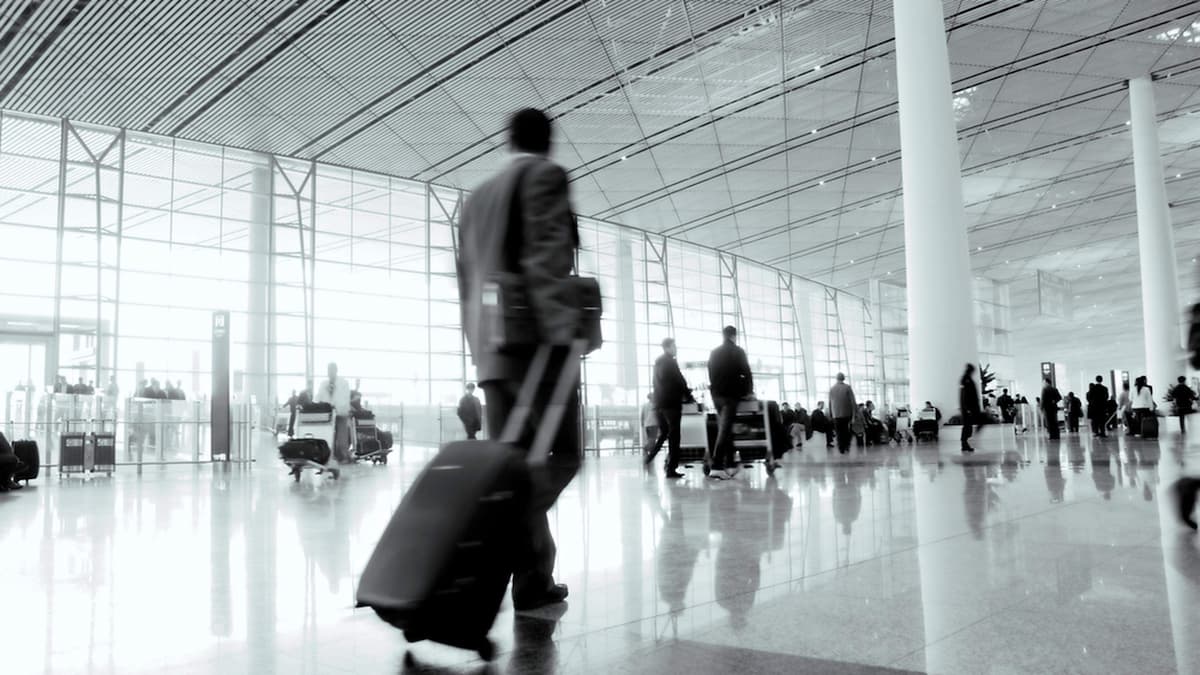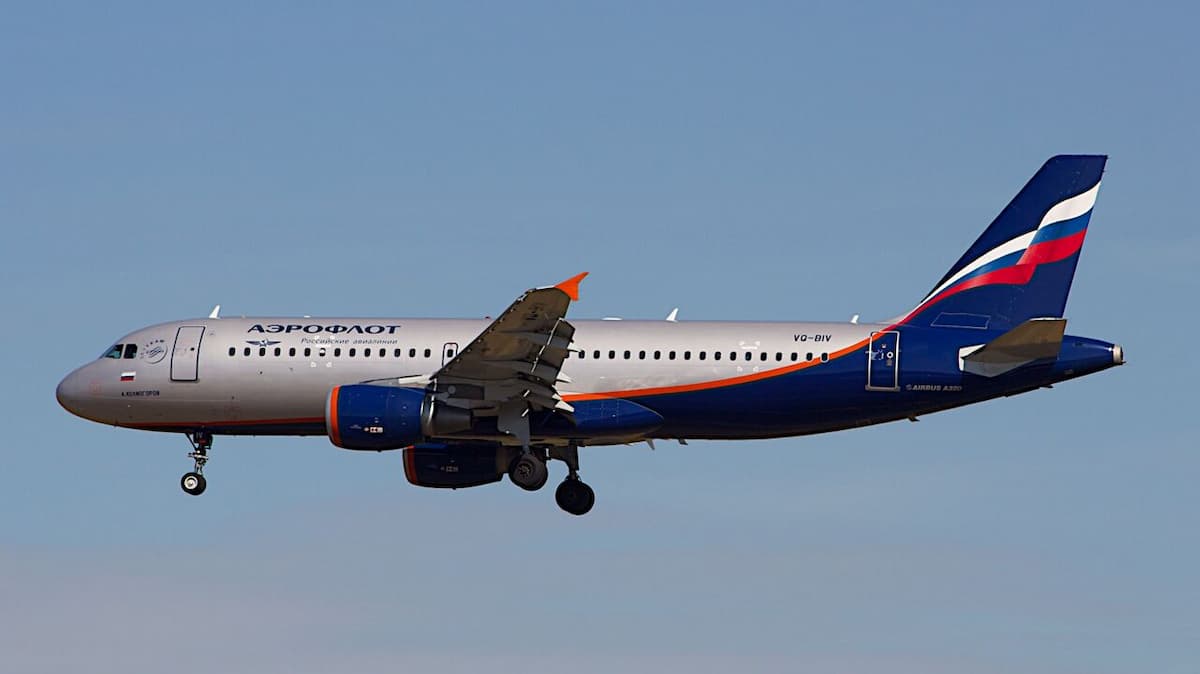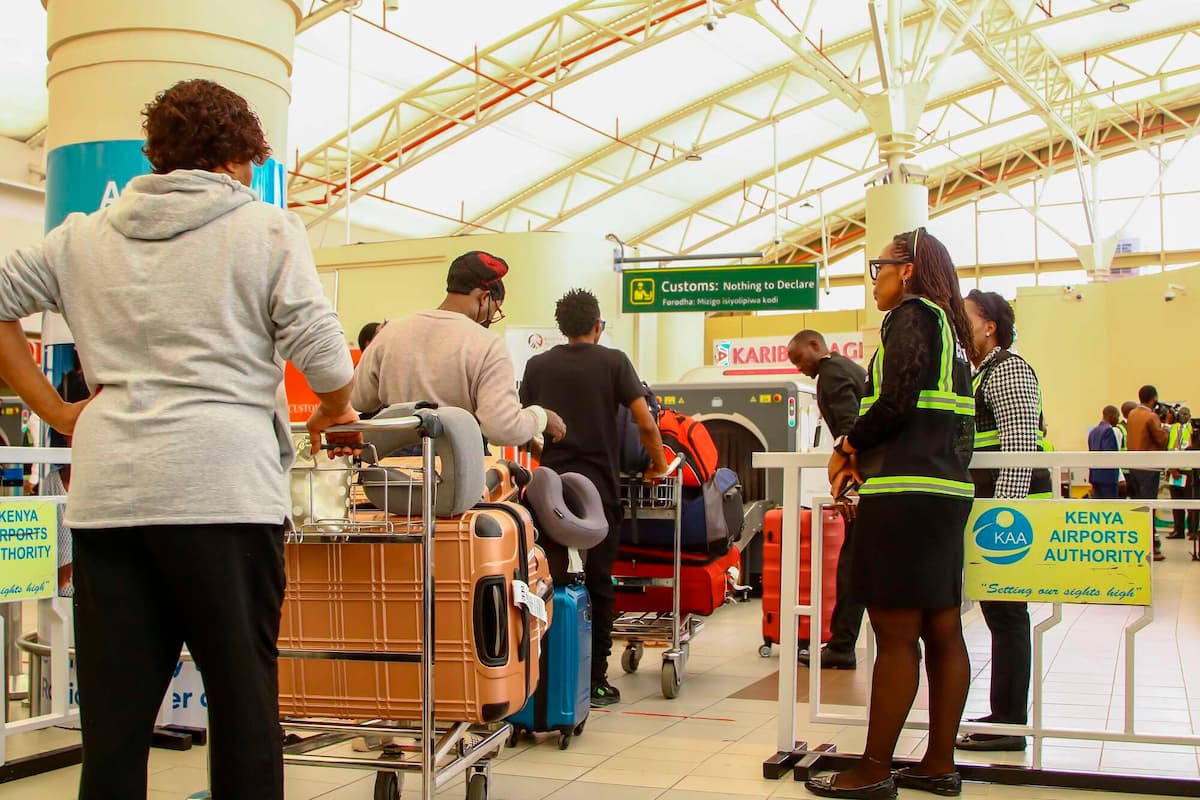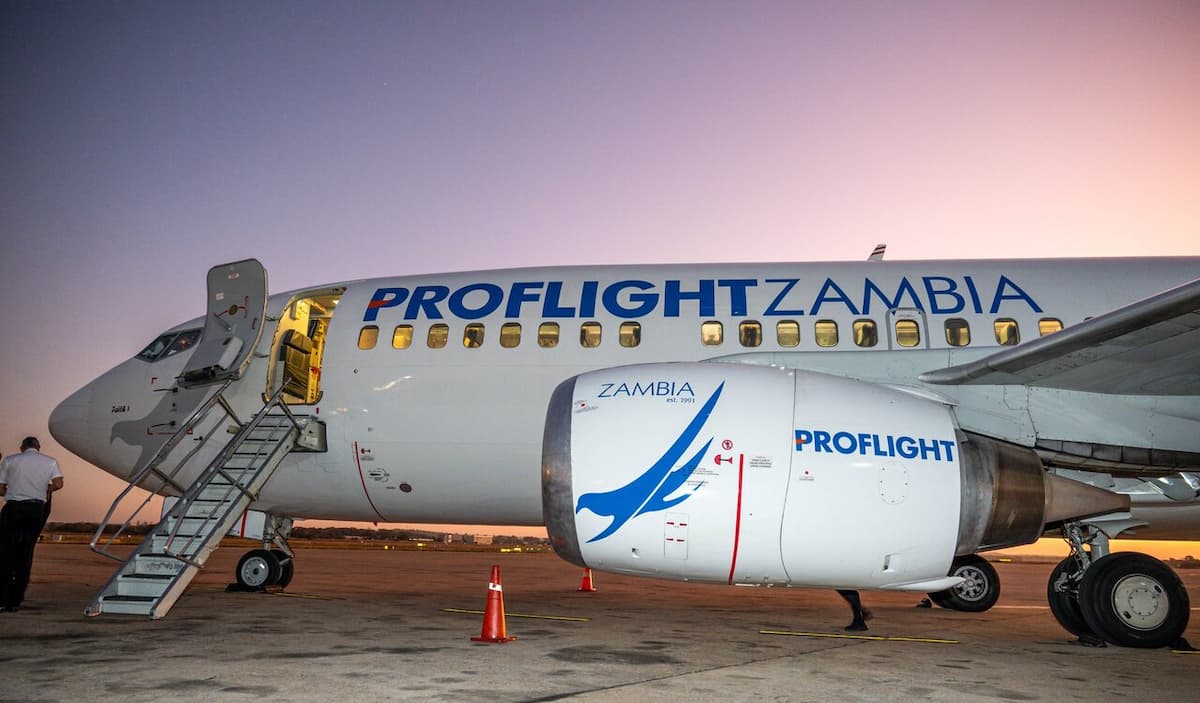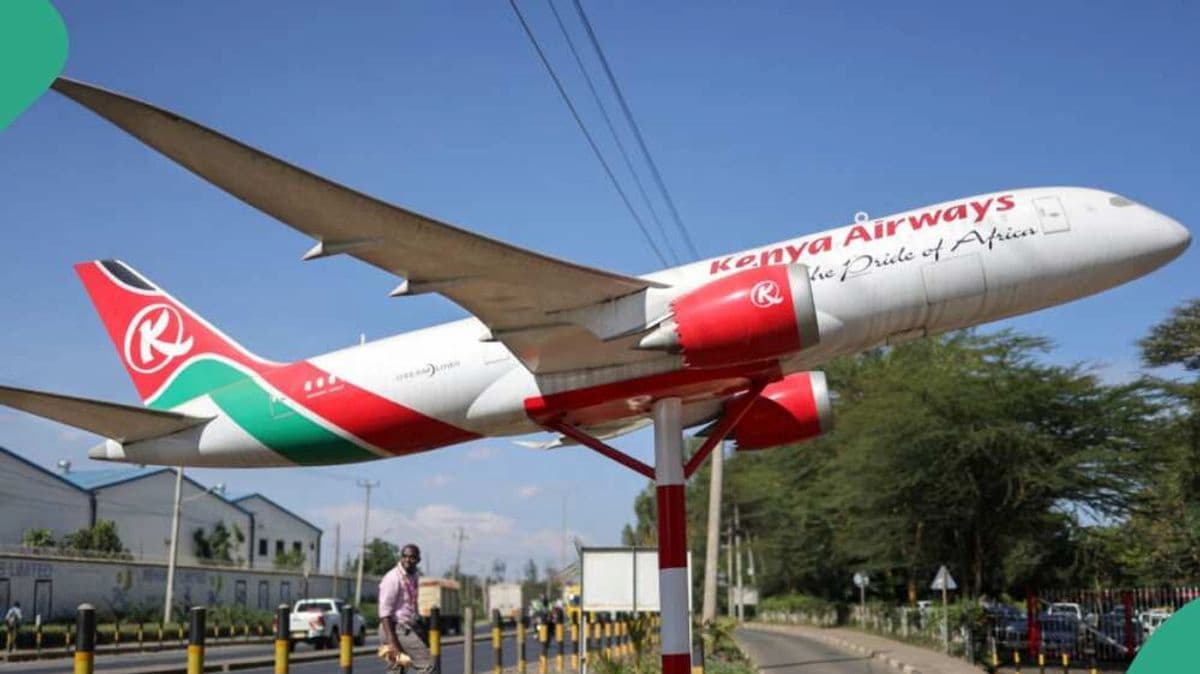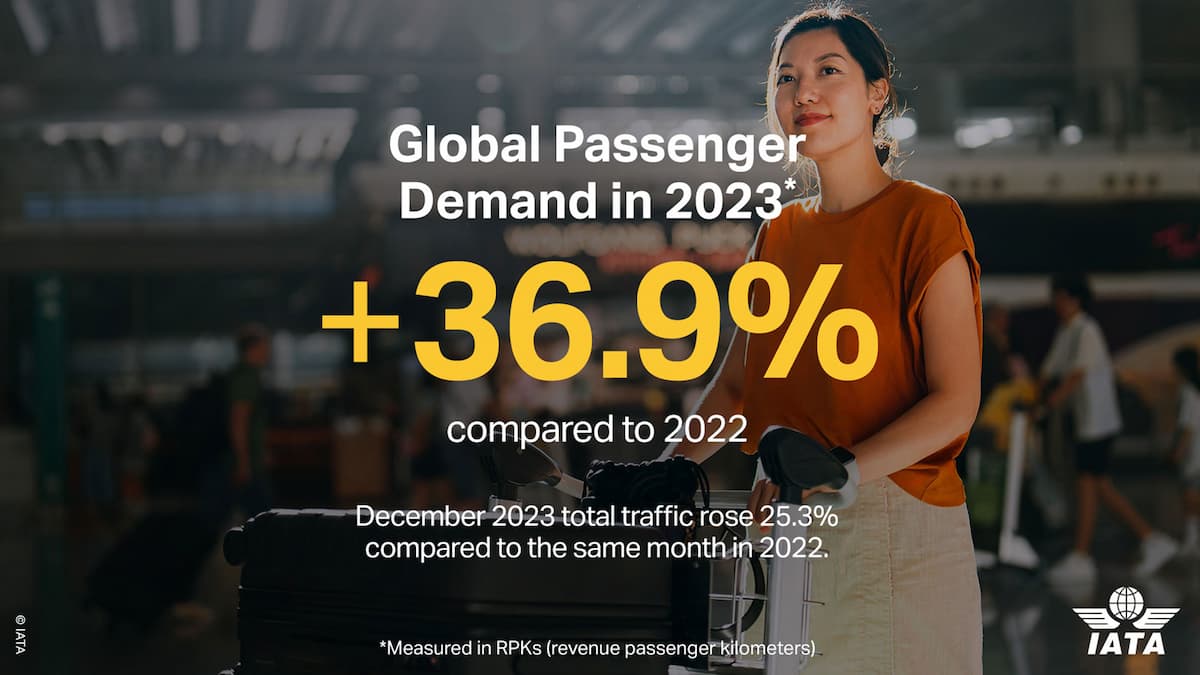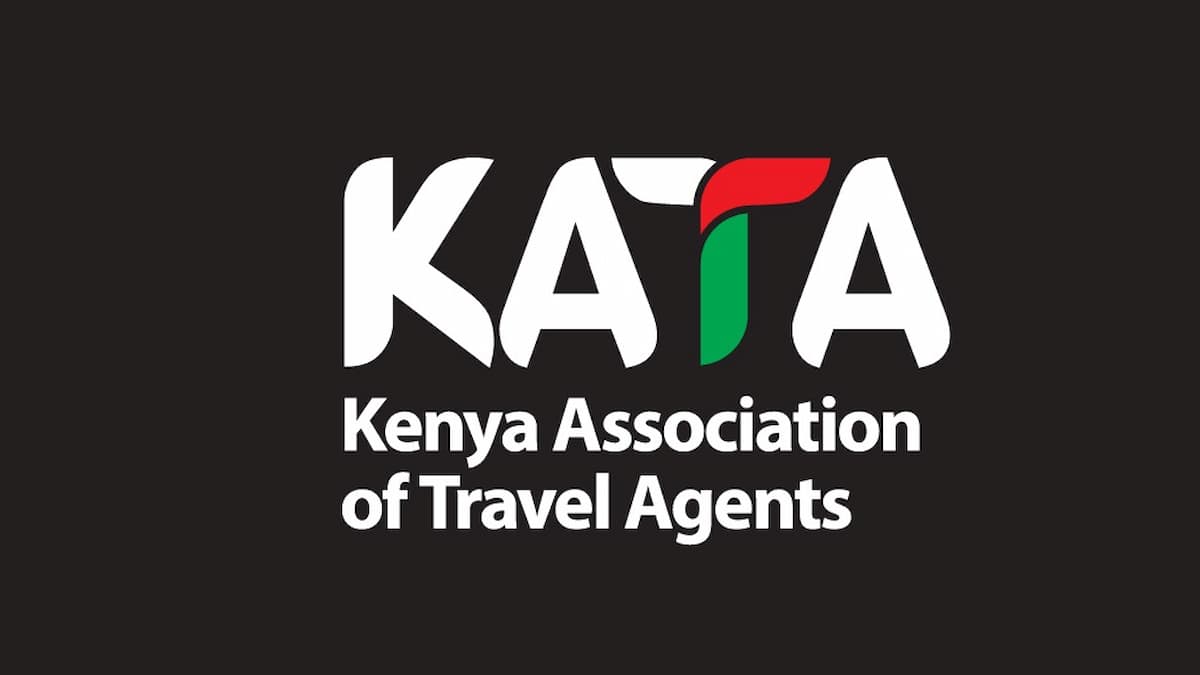More often than not, the Kenya Association of Travel Agents (KATA) receives complaints from travelers who are victims of holiday scams after having purchased fake air tickets or fake holiday packages from unscrupulous travel agents.
The reality is that while it was widely predicted that the internet was going to ease travel by providing tons of information on available flights, fares, destination, safari packages, hotel bookings and literally everything a consumer needs in planning their travel, when digital tools were placed at every traveler’s disposal, chaos ensued. It also gave rise to sophisticated internet scammers that have swindled innocent consumers their hard-earned money and dream travel experiences.
Very often, the association will be hand tied in dealing with such complaints making it hard to assist the innocent complainants. We urge members of the public to ensure that the deal with KATA certified agents who have been vetted and tried in the market. They are bound by an ethical code of conduct and ethics the binds their dealings with clients on integrity and professionalism.
Other than assuring you of safety of your money, KATA certified travel agents bring tons of expertise in managing travel not only in Kenya but to global destinations.
Individual Travel Planning Vs Using a Travel Agent
Let say you want to book a hotel in Sandton, South Africa for Meetings Africa 2024 and want to do it on your own? It’s simple. Just type “Hotels in Sandton, South Africa” on Google search, then wade through the 520 million search results – most of which look the same, whether they are good or bad, legit, or bogus. Spend just 10 seconds each vetting sites, and you’ll be done in four years – and still won’t have booked anything.
Let’s take a much simpler planning, like straightforward searches for airfares for example for Nairobi to Toronto. The major search engines will routinely leave out lots of flights and even entire airlines. You will also be bombarded with terrible options starting with basic economy fares that come with tons of restrictions and fees, so the price you see isn’t the one you end up paying, along with connections way too short or way too long, ones that no responsible travel agent would let you book.
Amid this jamboree of information, chances are a huge percentage – that could be well close to half – could be phony. There has been an unprecedent rise in fake travel agents that look legit by every measure; impressive website, competitive packages, a physical location together with photos, fake reviews, fake receptionists etc. An initial search on the internet clears all doubt from a potential traveller that the agency/site could be a sophisticated scammer. You can’t believe how easy it is to get scammed online.
Let’s face it; a great holiday experience anywhere in the world will depend on how well you can architect the whole thing. From transport to accommodation, there are tons of things and options to consider. And in all honesty, trying to put together such an experience while relying on your own misguided sense of expertise without the help of a professional travel agent is simply foolish. This is where a KATA certified travel agent comes in to take away all the hustle, help you with your budget and give you a pleasant travel experience.
Why a you need a travel agent
Anything that can go wrong will go wrong: Emergencies do happen and for every average occasional traveller who anticipates that anything can go wrong, chances are something will always go wrong. Stuff happens, and are often unpredictable. Bad weather has become a commonplace these days, you could get sick, get robbed, or be caught in those events that will disrupt your flights, and/or your final destination. Think civil unrest, disease outbreaks, wildfires or airline labor strikes.
Anything that causes cancelled flights means hassles, but the people who get through this process the most smoothly and the ones who get rebooked first are usually the ones who used a travel agent. The rest will get bumped from flight to flight – involuntarily – at a rate probably three times higher than what you would have paid.
KATA agents will always be a call away.
Travel agents are constantly monitoring their clients’ flights and they usually know about your problem before you do – and often have a solution before you even call them. They have direct access to airlines, to GDS (global distribution system) and can get ticketing changes made in minutes.
So, as much as you’d want to hope on a cheap flight that you found on your internet searches, you probably would not know what to do when caught in these situations without the help of a travel agent.
Unrivalled expertise: You can never know everything about travel, even if you are a frequent traveller. You need to deal with someone who is deeply involved in the industry, and who better than KATA certified travel agents? The problem with travellers who get scammed, they often rely on information they get from phony sites that will often be misleading. The result is you get scammed or land a raw deal. Some travelers will want to play safe and only stick to know brands of hotels or airlines or destinations that they know. Chances are, the best hotels, airlines and destinations are ones you have likely never heard of or used. This is where you can’t beat KATA travel agents’ knowledge and ability to give you a bespoke travel and holiday experience. The agencies usually leverage several experts such as a safari expert, a cruise expert, a corporate travel expert, a honeymoon expert, and so on, and they all work together.
First lane access: Whether you are trying to book space at a coveted 8-villa safari lodge in Laikipia, Kenya or getting a room in a top South Africa hotel during the Meetings Africa 2024, most hoteliers keep emergency inventory and guess who gets it? The travel agents they have known for years who book a lot of guests and send them a lot of business. This is the order of things in the travel industry. Do you need access to that hard-to-get dinner reservation? Free upgrade to first class? Or a free upgrade to the presidential suite? The KATA travel agent is your go-to person as they have built these connections over years or decades. Good luck trying to get that experiential travel on your own. When you get more than you expected for the same price, that’s a great deal, and with our certified travel agents this happens all the time.
Travel with confidence and book your next trip through a KATA certified travel agent by visiting this link:- https://katakenya.org/our-members/

